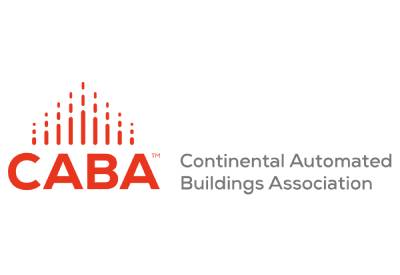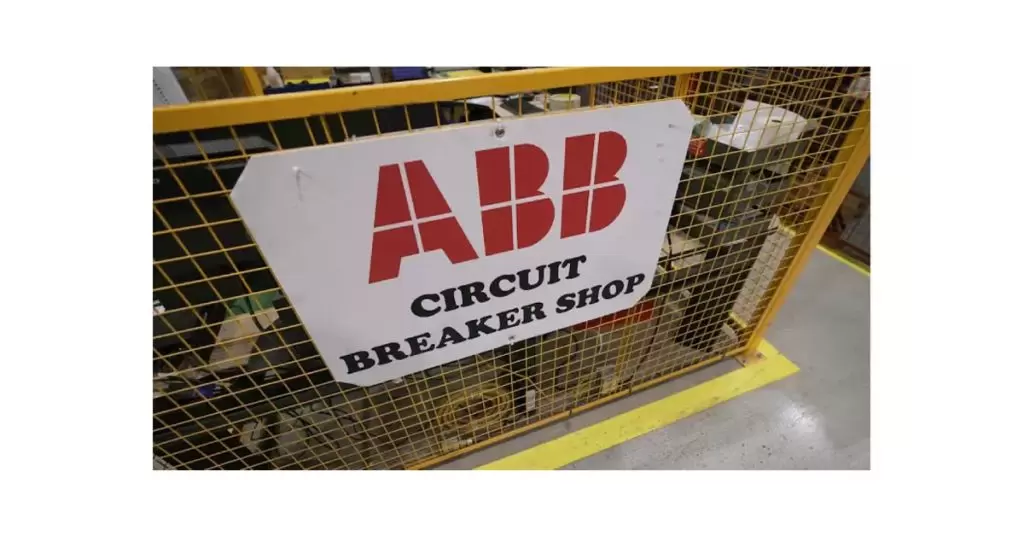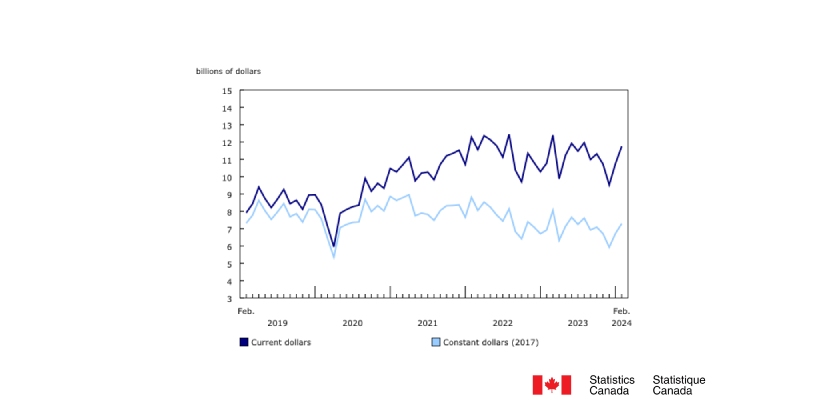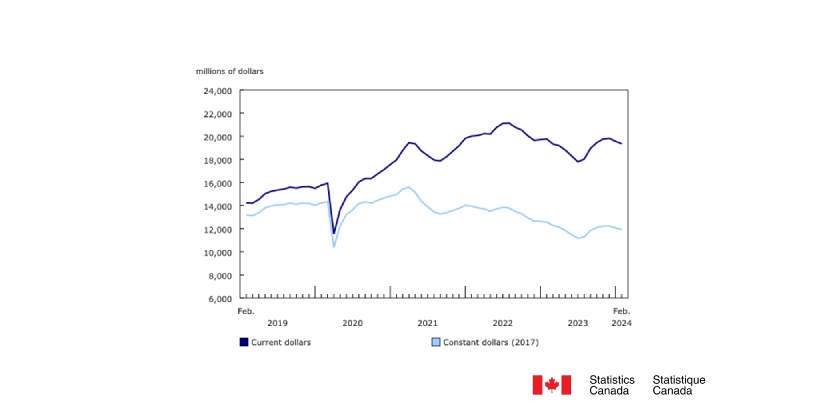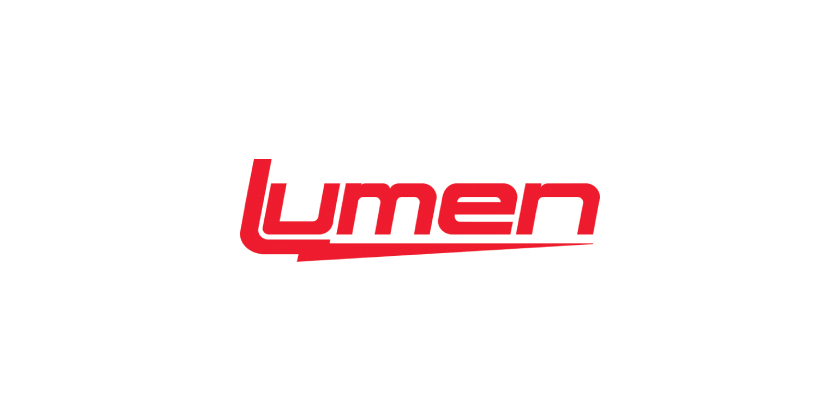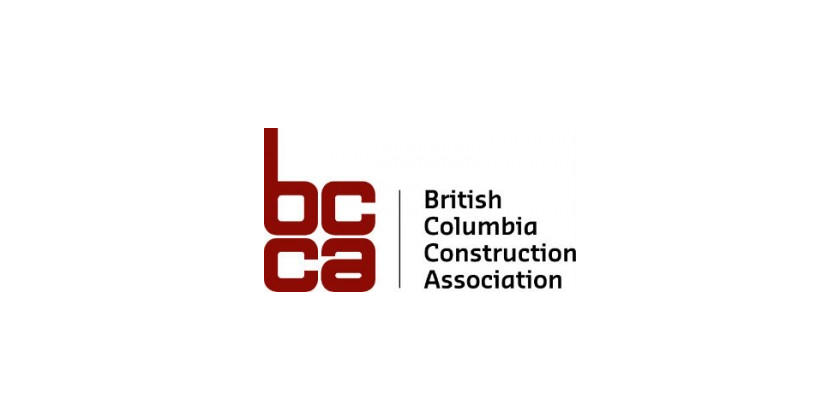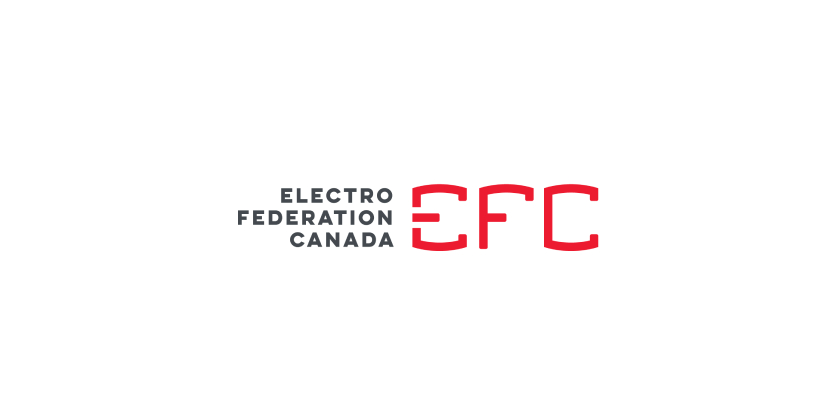Scholle IPN Canada Cuts Panel Design Lead Time with EPLAN
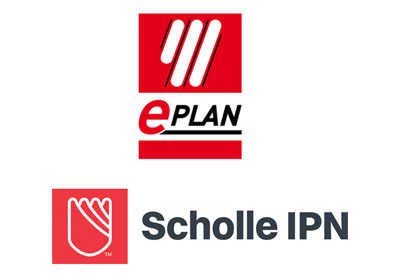
Jan 24, 2020
Innovation comes in all shapes and sizes. One company perfectly positioned to validate this piece of wisdom is Scholle IPN Canada, a packaging company recognized as a pioneer in providing bag-in-box solutions that themselves come in all shapes and sizes. Since 1947, they have provided innovative solutions in the packaging industry. The company specializes in aseptic packaging, a manufacturing process in which packages and containers are sterilized separately from their content. Their breakthroughs in the industry have helped brands add convenience to customers looking to get their hands-on packaged food and beverages. Today, Scholle IPN Canada has a strong industry presence as a bag-in-box supplier for electrolytes, dairy products and more.
About a year ago, Scholle IPN Canada realized they needed to tap into their history of innovation to optimize their workflow on the production floor. The company started their transition using the EPLAN software for assistance in engineering the electrical panels for their production robots and are now looking ahead to a promising future.
Machines on the production floors often need to be reconfigured and electrical designers require enough versatility to be able to do so in the most efficient way for the company. This is precisely where EPLAN comes in handy and has proven itself to be an indispensable time savior for the company.
From juice pouches to dairy bags, Scholle IPN Canada can pack various types of goods through any of the machines at its location in Montreal, Quebec. But because of the legacy processes that have always been in place to properly retrofit the machines for new tasks, the company would constantly hit a productivity wall. “We used to rely on old technology and everything needed to be converted from manual drawings into a CAD software,” explains Jean Philippe Linteau, engineer and EPLAN user. “However, as the machines have become more complex, the tasks are becoming more complex as well. The modifications required by the machines are now too important for us to rely on how we used to do things. EPLAN is the ideal solution for us if we need a quick turn around to build the robot that’s tailored for the new job.”
Last’s year, the decision was made to adopt EPLAN. Since then, panel design and production time have drastically improved. According to Linteau, the company moved away from drafting their designs on paper before having to redraw everything on a computer software.
“Now, it’s all directly done through EPLAN,” he explains. We’re talking numbering, cross references, billing of material, etc. Even the fact that electrical symbols are integrated within the EPLAN helps making things easier for the company. In fact, Linteau claims they have reduced by 50% the time spent on drawings. It used to take them 1 month to draw schematics and now, it’s down to approximately 2 weeks and they have done away with the risk of mistakes when transposing everything from paper to software.
Another benefit for them is the presence of the EPLAN Data Portal accessible within the software. “The data portal is something we have never had, and now, it has become a must! We use it all the time to complete our ordering.”
The EPLAN Data Portal is a repository of parts and data sets sourced and updated directly by their manufacturers, which ensures the information is always accurate. Being available within the EPLAN software helps companies like Scholle IPN Canada find the exact parts with the right specifications within a few clicks of their design projects.
Before settling with EPLAN, the company evaluated other well-known competitors and their electrical add-on. Linteau and his team found that alternative much less user friendly and also felt EPLAN offered greater software stability.
So far, the results have impressed even Linteau beyond expectation, despite having been among the first to buy into the promises of EPLAN at Scholle IPN Canada. “At the end of the day, we decided to put complete faith in the software and found that it really worked for us.”
In the future, the plan is to expand the company’s usage of EPLAN, by adding features such as support for pneumatics, which Linteau would consider a welcome addition.
Competitiveness was a huge motivator in the decision to give EPLAN a try. “This has allowed us to evolve at a very low cost,” explains Linteau. As Robotics and automation started playing a more important role, it became clear the company needed to stay ahead of the curve by investing and making moves that would allow it to run as efficiently as possible. EPLAN ended up providing the right set of features and delivered positive results. Today, Scholle IPN Canada seems geared toward establishing itself as a dominant player in its industry.
Go HERE for more information


